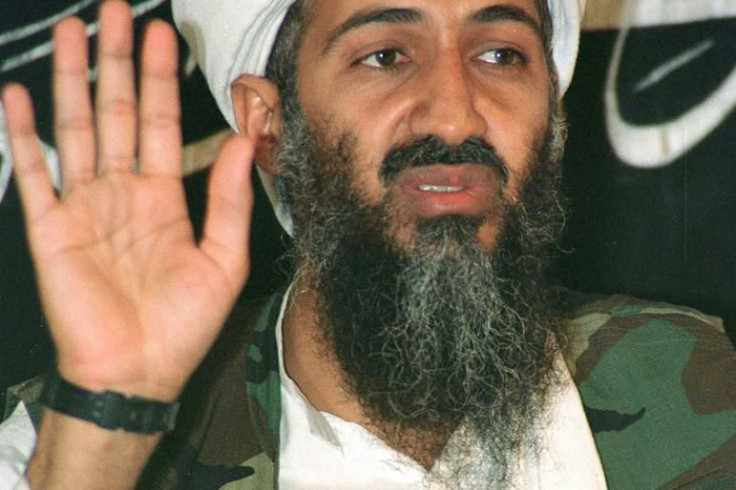Pakistani Doctor Who Helped Find Bin Laden Still In Prison, Health A Concern

Eight years after U.S. Navy SEALS stormed into an al-Qaeda compound in Abbottabad, about 35 miles north of Pakistan’s capital Islamabad and killed the much-feared terrorist Osama bin Laden, a doctor who had helped the CIA to track down the most wanted person in the world by running a fake vaccine program in the city is still in a Pakistani prison, said media reports.
Pakistani officials arrested Shakil Afridi weeks after the U.S. special forces killed bin Laden in a military operation that lasted 40 minutes. Since Afridi was not aware of the real target of the U.S. mission when he signed up for running the vaccination program, he didn’t expect that some of the details of the covert mission would be leaked, exposing his identity.
Afridi was sentenced to 23 years imprisonment for his links with the banned militant group Lashkar-e-Islam. But Qamar Nadeem, Afridi’s lawyer, the charges as mere excuses to punish the doctor.
Nadeem said the doctor’s wife told him that her husband’s health has deteriorated and he has been reduced to a "skeleton" now due to the treatment meted out to him in the prison. The prison officials have instructed Afridi not to disclose his diet to family members who visit him. His family is now very concerned about his failing heath, added the lawyer.
Afridi is lodged in a high-security jail in Sahiwal, Punjab, after rumors that U.S. forces would attempt to break him out of the prison where he was initially held. Only his wife, children and his brother are allowed to meet Afridi once a month, said Nadeem, adding that he has been repeatedly denied permission to meet his client. The lawyer said he wants to petition the Peshawar High Court to get permission to meet his client. Afridi’s family members are living in fear and are forced to lead a life underground, added the lawyer.
Afridi’s imprisonment has been an issue of contention between the U.S. and Pakistan. The U.S. has said it shows the reluctance of the latter country in countering terrorist organizations. But Pakistan has rebuffed these charges, saying the U.S. raid had violated its territorial sovereignty.
Meanwhile, U.S. officials pointed out that efforts and offers were made to enable Afridi and his immediate family could escape Pakistan. However, he had rejected them thinking that he wouldn’t be able to take his extended family along with him.
© Copyright IBTimes 2025. All rights reserved.





















